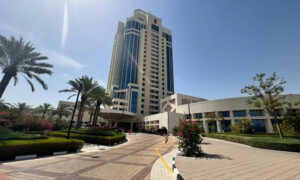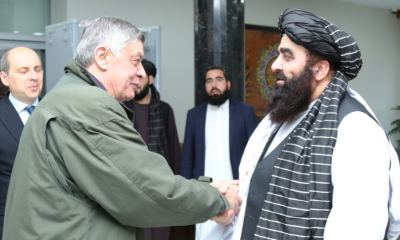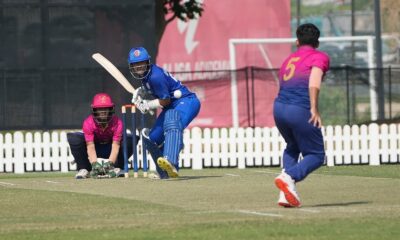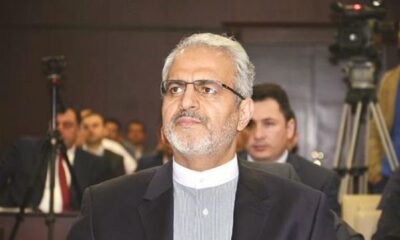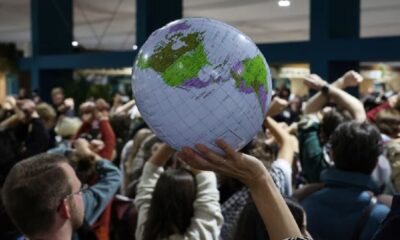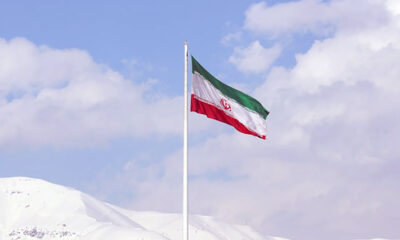Latest News
IEA calls on Doha meeting delegates to help resolve Afghanistan’s challenges
Mujahid told delegates that the IEA is endeavoring to achieve economic independence by laying the foundations of a self-sustaining and secure national economy.
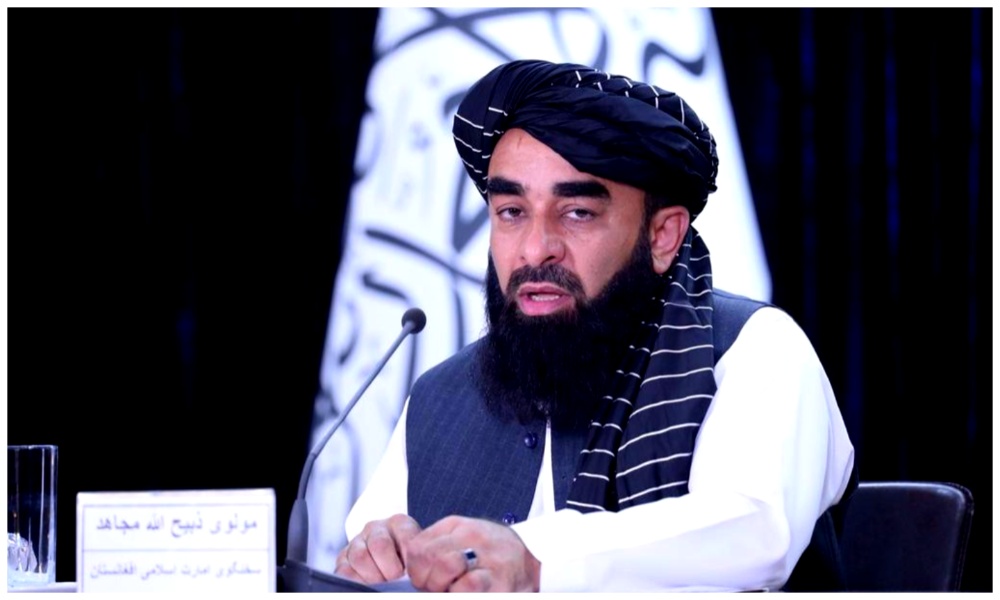
Heading Afghanistan’s delegation to Doha, Zabihullah Mujahid on Sunday called for working groups to be established to resolve three critical issues - the removal of all restrictions and sanctions; the unfreezing of all Afghanistan’s foreign reserves; and finding alternative livelihoods for former poppy farmers.
In his speech to delegates attending the UN-led Doha meeting on Afghanistan, Mujahid said: “We perceive the current Doha meeting as a crucial opportunity to engage in constructive dialogue regarding the unilateral and multilateral sanctions imposed on some officials and our financial and banking sectors, as well as the broader challenges confronting our national economy.”
He said the Doha forum represents a positive step towards addressing Afghanistan’s key challenges but noted that questions were being asked at home as to why no easing of sanctions had been made on the financial and trade sectors.
Mujahid stated that Afghans, who have suffered through almost 50 years of conflict, foreign invasions and interference by other countries had now gained independence, ended the war and built a system aimed at “fostering positive engagement with the world, however, in return they faced sanctions and restrictions?
“Is it fair and appropriate?” Mujahid asked.
He said he knows some countries disagree with the Islamic Emirate’s policies but that it was the duty of experienced diplomats to find ways to interact and understand each other.
“The policy differences should not escalate to the extent that powerful countries use their leverage to impose security, political, and economic pressures on our people, affecting the lives of our nation in a significant way,” he said.
He raised the issue of poppy cultivation and said despite sanctions and outside pressure, the IEA had banned the cultivation, processing and smuggling of poppy.
“Poppy cultivation, which remained as a significant challenge in Afghanistan, we reduced it to almost zero; however, in contrast, instead of recognizing and commending these initiatives, lifting banking restrictions to stimulate the country's economy and unfreezing national reserves, some countries have continued with their policy of non-cooperation,” he said.
Mujahid told delegates that the IEA is endeavoring to achieve economic independence by laying the foundations of a self-sustaining and secure national economy.
“We are committed to advancing real economic development in Afghanistan, taking initial steps towards creating jobs, establishing factories, lifting people out of poverty, and creating business opportunities for women,” he said.
Acknowledging the countries that provide humanitarian aid, Mujahid implied this was not a solution but that in order to end the humanitarian crisis, the international community needed to remove sanctions, provide development aid and allow the government and people of Afghanistan to utilize their capacities without restrictions for the revival of the national economy.
He spoke on the progress the IEA has made with its neighboring countries in terms of connectivity and mentioned the railway project linking Uzbekistan to Afghanistan and Pakistan. He also touched on the Turkmenistan-Afghanistan-Pakistan-India (TAPI) gas pipeline project.
“In collaboration with Turkmenistan, we have made significant progress regarding the implementation of the ambitious gas pipeline project (TAPI) over the past two years. This milestone ensures positive participation in energy exchange and connectivity between Central and South Asia through Afghanistan,” he said.
He pointed out that a secure Afghanistan benefits the entire region and that ties already forged with regional countries demonstrates the IEA’s commitment to establishing and maintaining good relations.
In light of this, other nations, especially Western countries, can remove obstacles hindering the development of relations with the IEA, he said, emphasizing that differences of opinion “are natural”.
“Like the regional countries, they can take genuine and practical steps toward positive engagement,” Mujahid said.
“The Islamic Emirate of Afghanistan is keen on engaging constructively with Western nations as well. Like any sovereign state, we uphold certain religious and cultural values and public aspirations that must be acknowledged to facilitate progressive bilateral relations rather than encountering disputes and stagnation.
“Our aspiration is for the national sovereignty, independence, values, and preferences of the Islamic Emirate of Afghanistan to be duly respected, as affirmed by the United Nations Charter,” Mujahid said.
He also outlined progress made on a diplomatic note and said: “Just as the regional countries have positively interacted with the current government of Afghanistan as a responsible system, we hope that Western countries will also prioritize mutual bilateral interests in a similar manner.”
Mujahid however slammed “countries and organizations that profess to uphold human rights”. This was in relation to the “ongoing genocide in Gaza, Palestine.”
Without naming countries or organizations, he said: “It is important to note that certain entities directly involved in this humanitarian atrocity lack the moral standing to lecture us on human rights.
In conclusion, he reiterated that in order to ensure the Doha meeting is productive and meaningful, two areas need to be focused on. First was the removal of all restrictions and sanctions and second was the unfreezing of all Afghanistan’s foreign reserves.
“The continued freezing of these reserves has severely impaired the ability of commercial banks to meet the currency needs of their clients, both domestically and internationally,” he said adding that it was also crucial that interactions between
Afghanistan banks and foreign banks resume.
Mujahid’s third point was that alternative livelihoods were needed for Afghan farmers who previously cultivated poppies.
“This is a shared responsibility that must be addressed collectively, and Afghanistan should not be left to manage this challenge alone.
“I propose the formation of working groups to address these issues and look forward to having effective and productive discussions with respected representatives on these matters.”
The UN is hosting its 3rd meeting on Afghanistan. The meeting got underway on Sunday, June 30 and will wrap up on Monday, July 1 in Doha, Qatar.
Representatives from more than 25 countries and international organizations are taking part in the meeting.
RELATED STORIES
Third Doha meeting on Afghanistan gets underway in Qatar
Back from UAE, IEA officials say numerous countries keen to expand ties
Latest News
A high-level Russian delegation will soon visit Kabul: envoy
Kabulov and Muttaqi discussed bilateral relations between Afghanistan and Russia, especially economic cooperation, investment and transit

Russia’s Special Representative for Afghanistan Zamir Kabulov said in a meeting with Acting Foreign Minister Amir Khan Muttaqi in Kabul that a high-level Russian delegation will visit Kabul in the near future to discuss the expansion of bilateral cooperation with the Islamic Emirate.
Kabulov and Muttaqi discussed bilateral relations between Afghanistan and Russia, especially economic cooperation, investment and transit, the Foreign Ministry said in a statement.
Muttaqi described the relations between the Islamic Emirate and Russia as important, stressing that the ties should be expanded to include economic and trade cooperation.
He said visits to Kabul by high-level officials was important, adding that during the past year, many officials of the Islamic Emirate have been invited to Russia to attend international meetings.
Meanwhile, the Russian diplomat said that his country wants to expand its relations with Afghanistan in the economic and trade sectors.
This comes on the heels of Russian Deputy Foreign Minister Andrey Rudenko’s comments that the completion of legal procedures to remove the Islamic Emirate from Moscow’s terrorist list will provide positive impetus to Russian-Afghan relations.
In an interview with Russia’s TASS news agency, published early Sunday, Rudenko said “removing the terrorist organization’s status from the Taliban Movement (Islamic Emirate) will attribute a positive impetus to Russian-Afghan interaction in various spheres, in the economy in the first instance."
"As regards the issue of the official recognition of current Afghan authorities, it is early to talk about it thus far. Let’s act gradually, step by step, but we do not intend to artificially impede the processes," Rudenko noted.
Russia has been slowly building ties with the Islamic Emirate since it regained power in Afghanistan in August 2021 but the IEA is still officially outlawed in Russia.
In response to Russia’s comments last month, the IEA’s acting foreign minister Amir Khan Muttaqi said the Islamic Emirate “appreciates the positive remarks by the high-ranking officials of the Russian Federation in this regard and hope to see more effective steps soon."
Latest News
Iran appoints new ambassador to Afghanistan
Ali Reza Begdeli, Iran’s former deputy foreign minister for consular affairs, has been appointed as the country’s new ambassador to Kabul
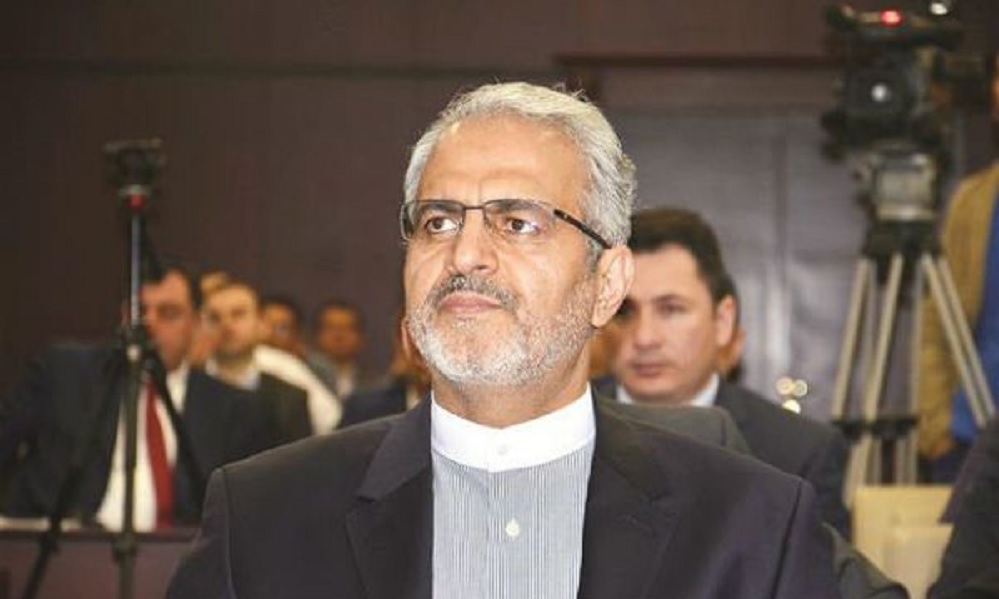
Ali Reza Begdeli, Iran's former deputy foreign minister for consular affairs, has been appointed as the country's new ambassador to Kabul, Mehr news agency reported on Sunday.
The outlet added that the post of the Iranian presidential special representative in Afghanistan has been removed and, as before, the special representative for Afghanistan will act directly under the supervision of the foreign minister.
It is worth mentioning that Hassan Kazemi Qomi previously served as Iran's ambassador and presidential special representative in Afghanistan.
Latest News
Iran to Host ECO Ministerial Meeting next week
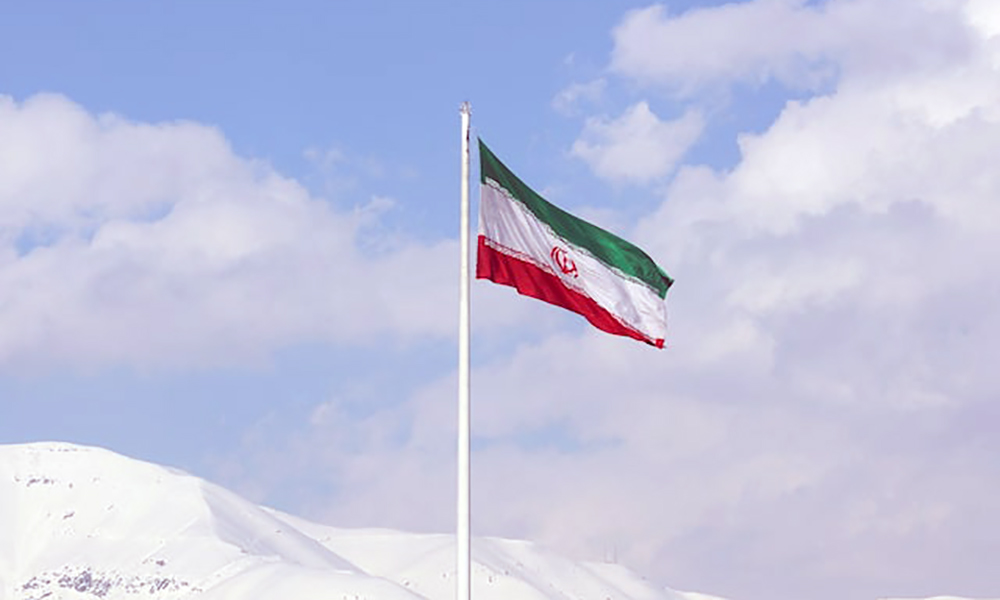
The 28th meeting of the foreign ministers of the Economic Cooperation Organization (ECO) member states will be held in Iran’s northeastern city of Mashhad next week.
Spokesperson for the Iranian Foreign Ministry Esmaeil Baqaei said on Sunday that the upcoming meeting will be attended by the ministers and senior officials of ECO, directors of the regional specialized departments of the organization, and the secretaries general of a number of multilateral economic organizations.
The meeting will be chaired by Iranian Foreign Minister Abbas Araqchi, Iranian local media reported.
Iran is holding the rotating presidency of ECO in 2024.
The Tehran-headquartered ECO was established by Iran, Pakistan, and Turkey in 1985.
The main purpose of the organization is to promote economic, technical, and cultural cooperation among the member states.
In 1992, the organization was expanded to include seven new members, namely Afghanistan, Republic of Azerbaijan, Kazakhstan, Kyrgyzstan, Tajikistan, Turkmenistan and Uzbekistan.
-

 Latest News5 days ago
Latest News5 days agoEU marks International Children’s Day, says it supports Afghan children
-

 Sport3 days ago
Sport3 days agoAriana News to broadcast IPL auction live and exclusively in Afghanistan
-

 Latest News3 days ago
Latest News3 days agoU.S. House approves bill on evacuation of Afghan allies
-
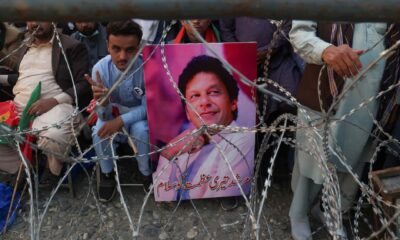
 Regional4 days ago
Regional4 days agoPakistan’s ex-PM Imran Khan gets bail in state gifts case, his party says
-
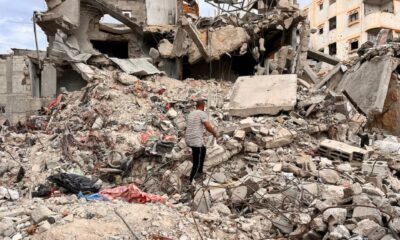
 World4 days ago
World4 days agoUS vetoes UN Security Council resolution on Gaza ceasefire
-

 Latest News4 days ago
Latest News4 days agoUN moves to unlock stuck climate financing for Afghanistan
-

 Sport4 days ago
Sport4 days agoPakistan trumps Afghanistan by only 13 runs in U19 Tri-Series One Day match
-
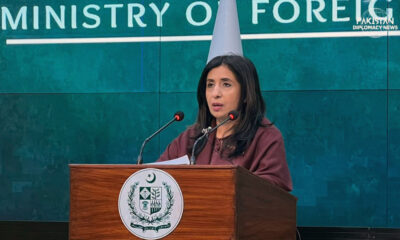
 Latest News4 days ago
Latest News4 days agoPakistan rejects suggestion of appointing a new special envoy for Afghanistan

